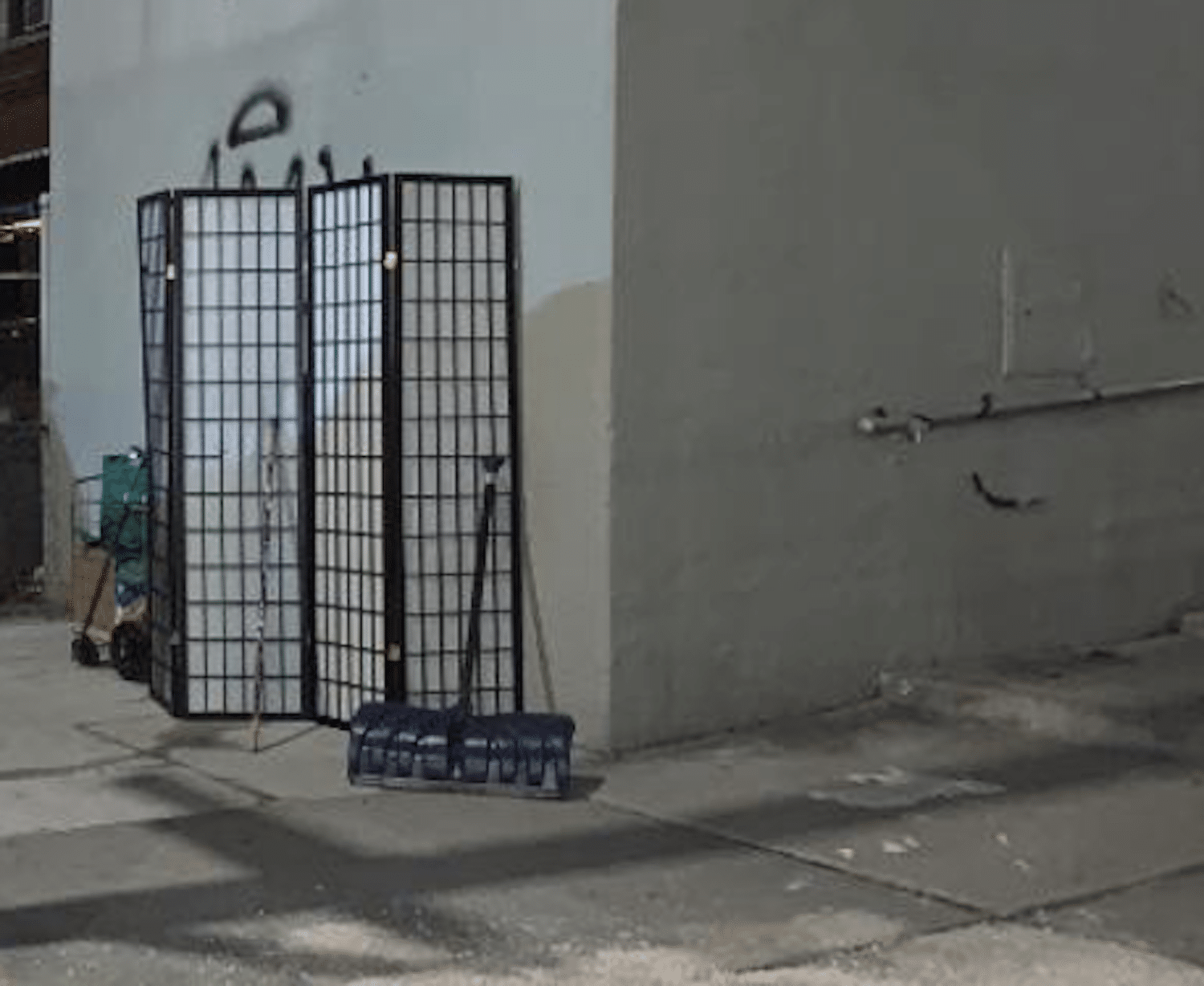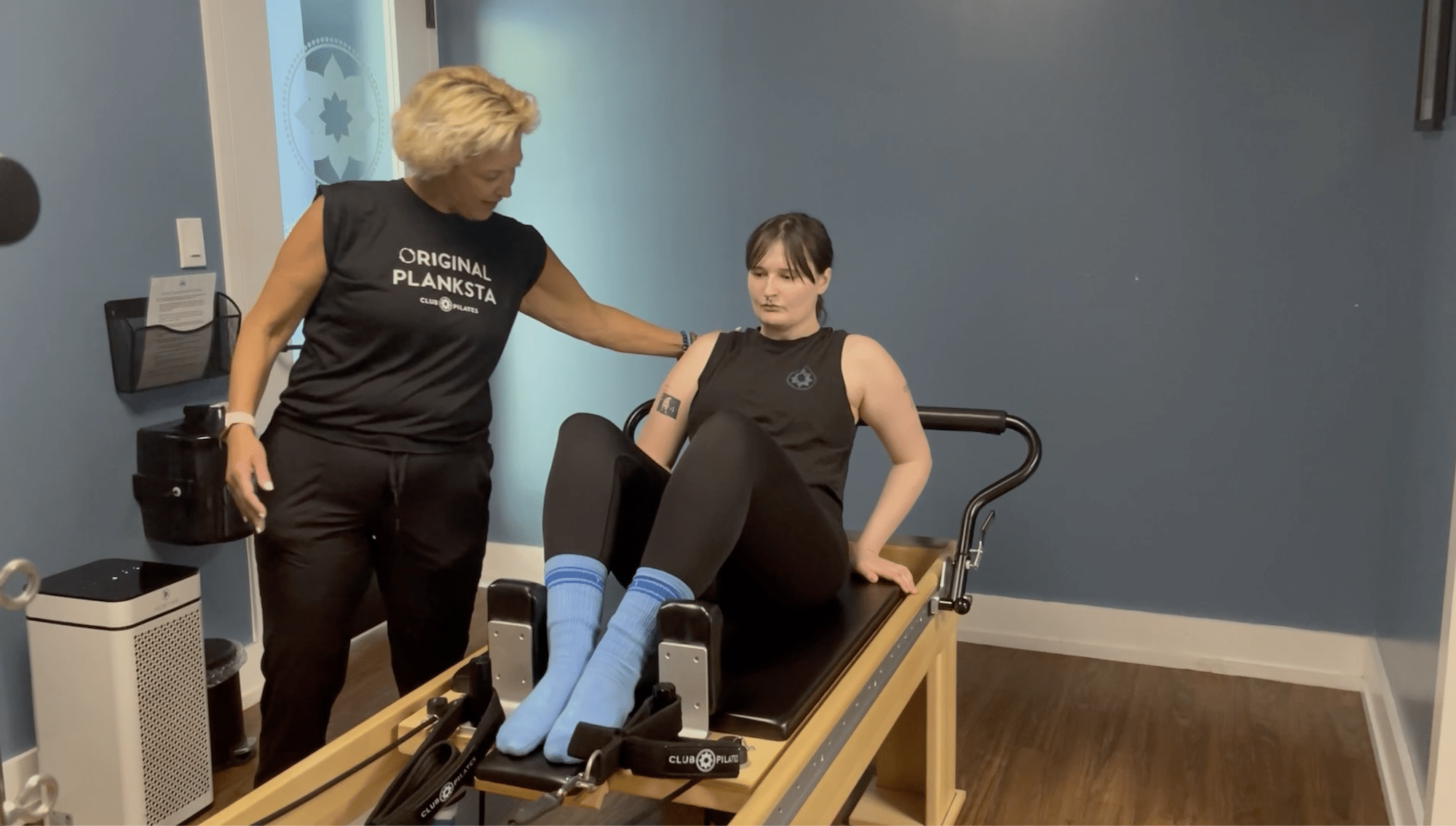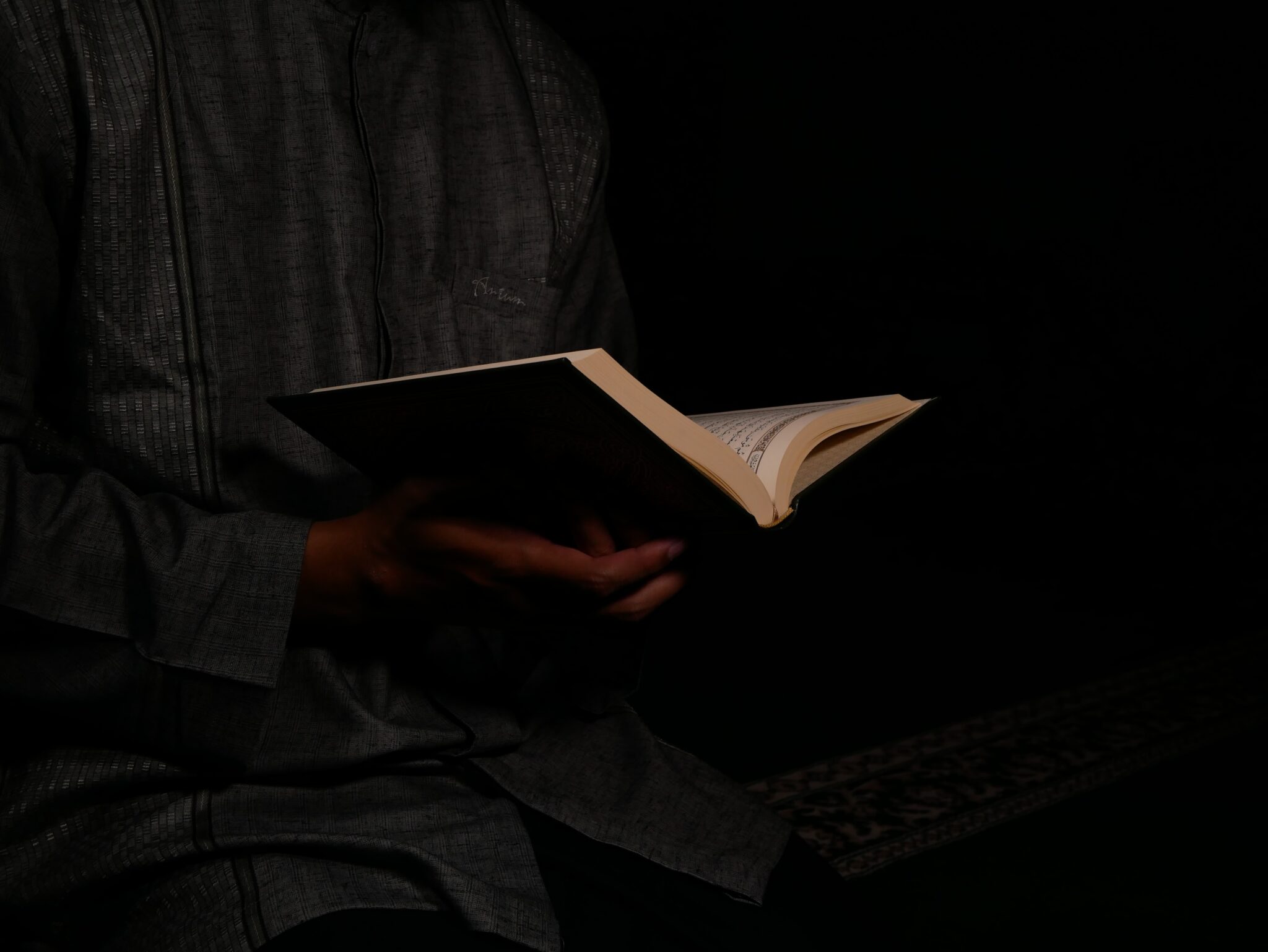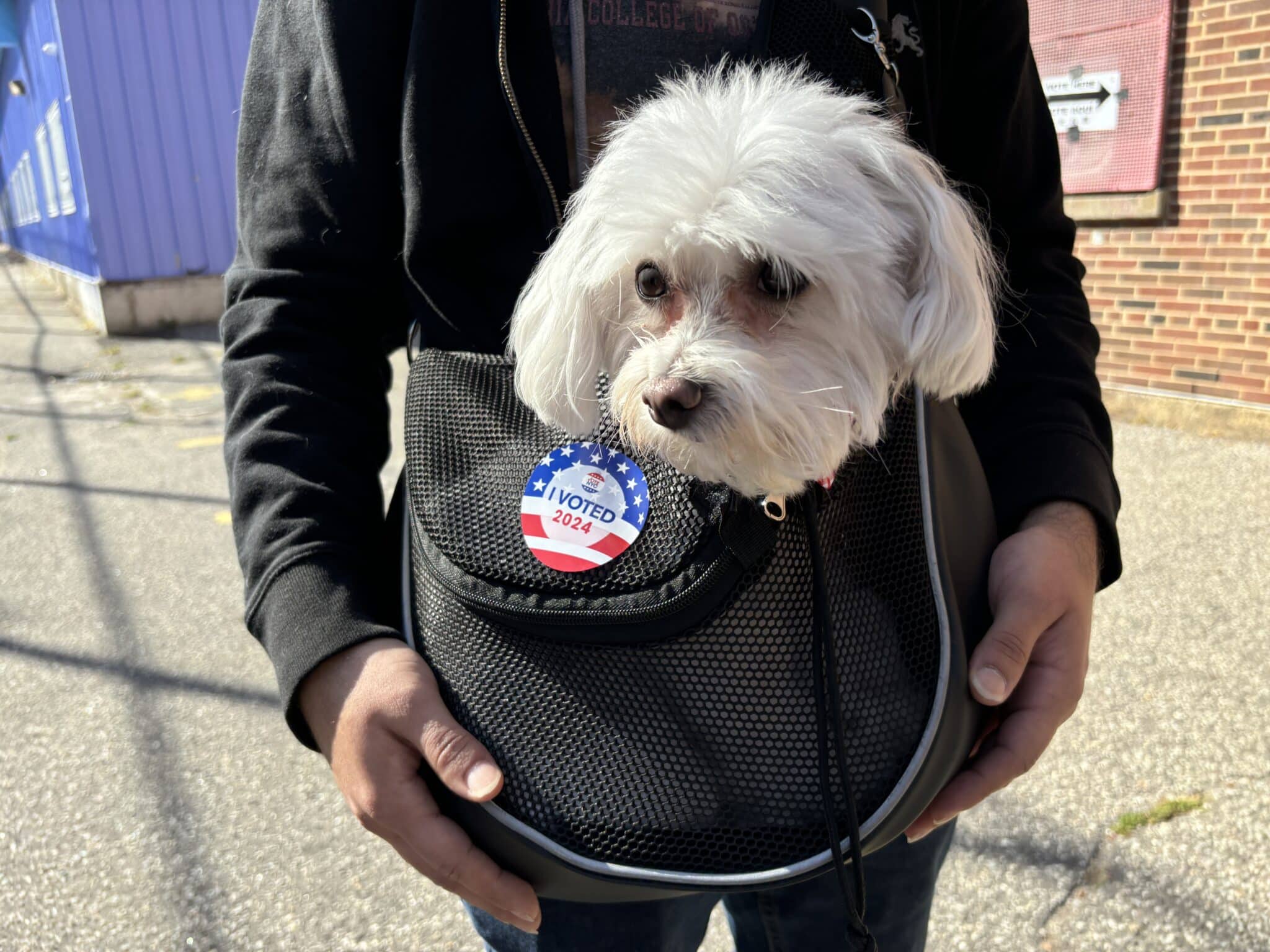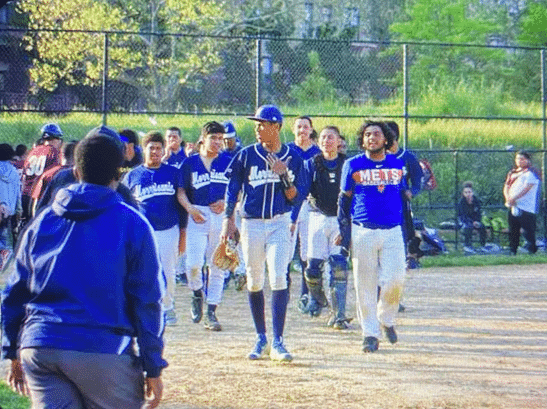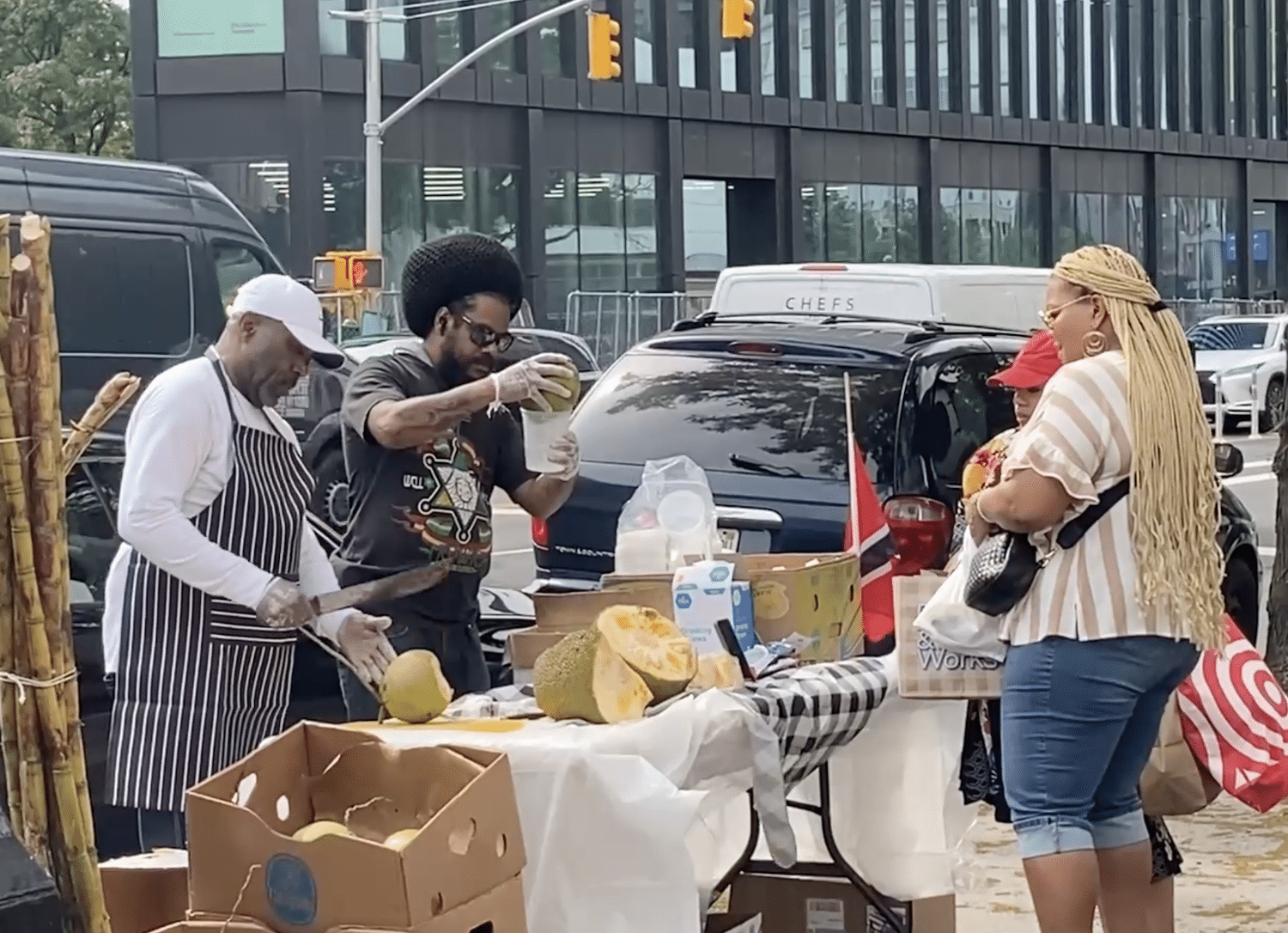Evictions in New York City have led to an increase in homelessness. Photo credit: Nabiha Mazhar
During the summer of 2020, Tejada passed a homeless woman on a street near Bruckner Boulevard in the Northeast Bronx on his way home from work. She was curled up against a highway bridge. The next day he saw her again and stopped. “I felt that she needed someone to talk with.” Tejada asked us not to use his first name, but he wanted to tell the story of his encounter with Trina. He asked her if she needed help and he gave her five oranges.
In the months that followed, Tejada stopped by at least once a week to check on the middle-aged woman. She rarely talked about herself. She said her name was Trina and explained that she would rather live on the street than in a shelter. “I tried to show her that she had options. I wanted to help her in any way I could,” Tejada recalled.
Trina is one of the 55,915 people experiencing homelessness who live on the streets of New York City, according to the Coalition for the Homeless.
In the Northeast part of The Bronx where Tejada found Trina, homeless people huddle in doorways at night. Residents walk over and around them. In a testimony to the city council on February 24, 2020, Bronx Borough President Ruben Diaz, Jr. said “Homelessness is at or near its all-time high. An increase in eviction is part of the problem. In fiscal year 2019 there were 20,013 evictions citywide; 6,856 were in the Bronx—34 percent of the total.”
Tejada saw Trina as a person, not a statistic. He thought that it was important to talk to her about belief and religion. “I told her about Islam, introduced it to her. Being a Muslim convert myself, she reminded me of myself through her curiosity of the religion. I gave her a Qur’an that was translated in English for her to pass her time and because she seemed to be interested,” Tejada said. “She would thank me repeatedly and would be intrigued by everything she was reading about. She told me it was a gift, that I had given her a gift and a blessing.”
Tejada wanted Trina to want more for herself. “I had hoped that Trina would find a place in a shelter and try to get off the streets. By lending a hand maybe I made a difference in someone’s life. Although it did not go the way I intended it to, with her now living behind a screen that she found on the street, she says she’s better off living out here alone, and that’s a decision she made for herself,” Tejada explained.
Tejada still visits Trina often. She converted to Islam just this past month and keeps a copy of the Qur’an with her.
